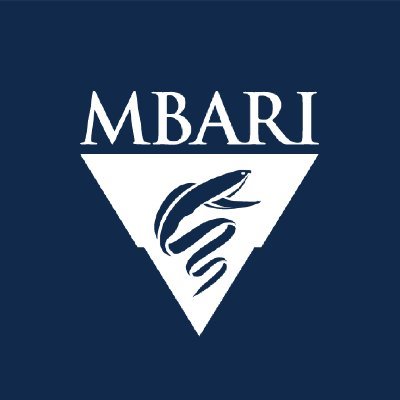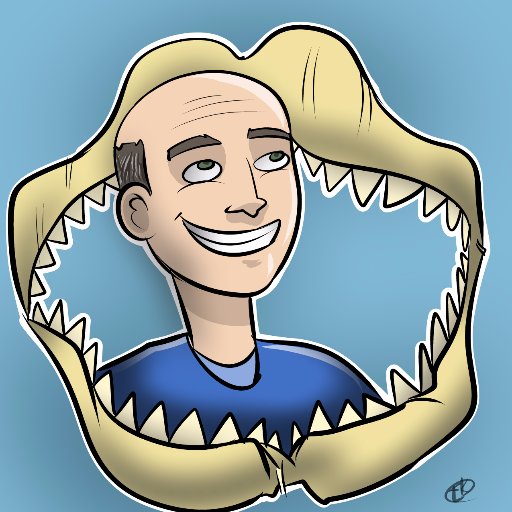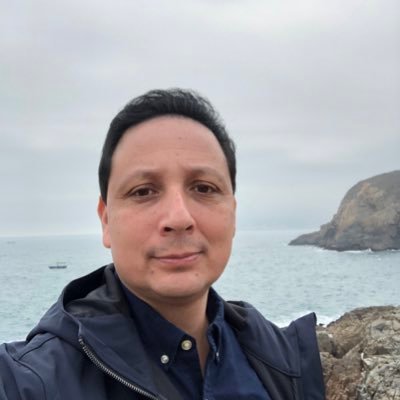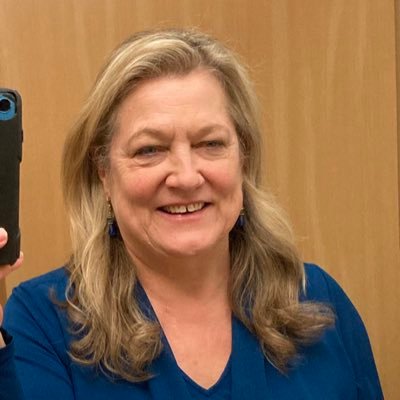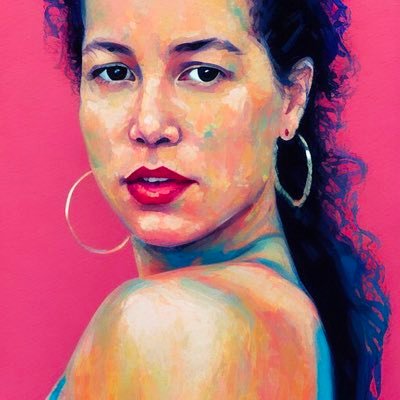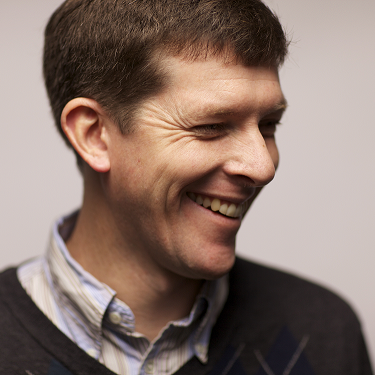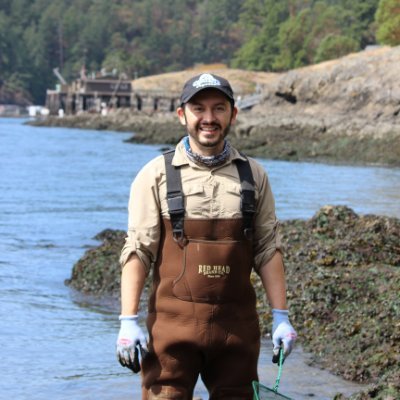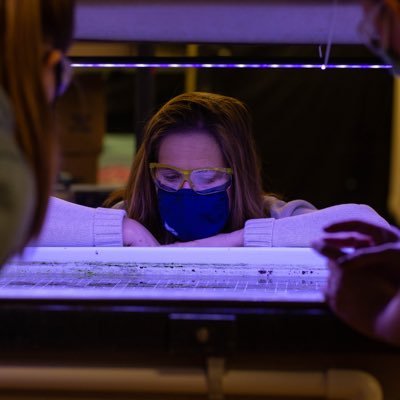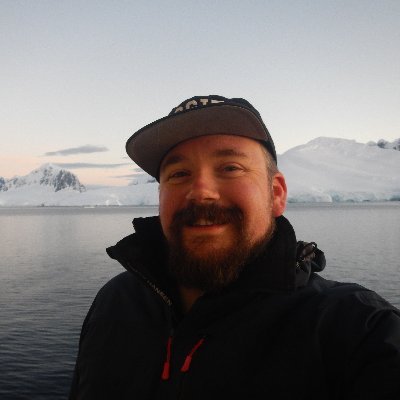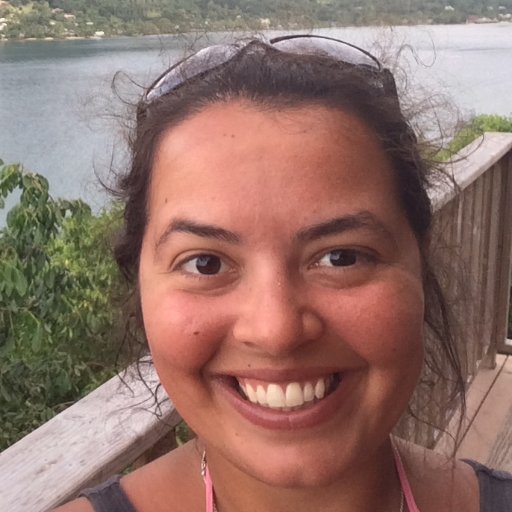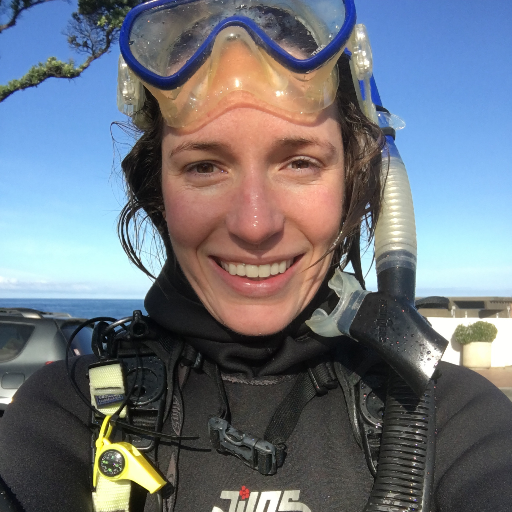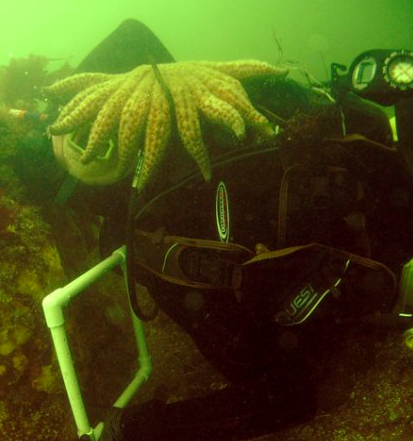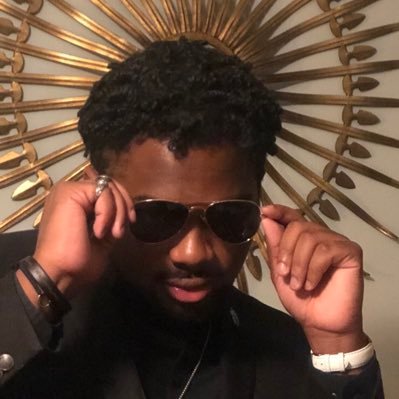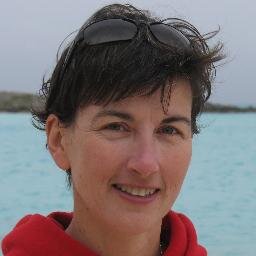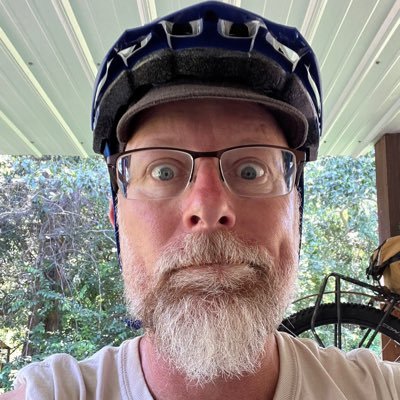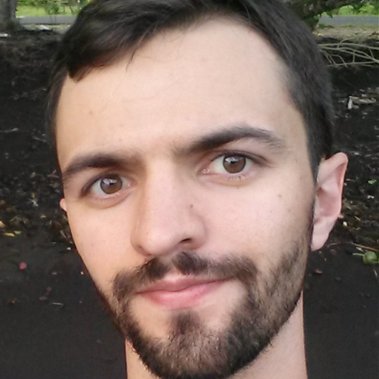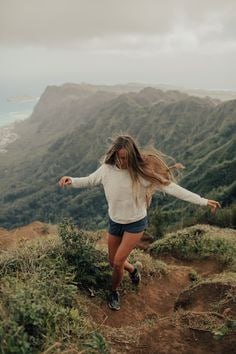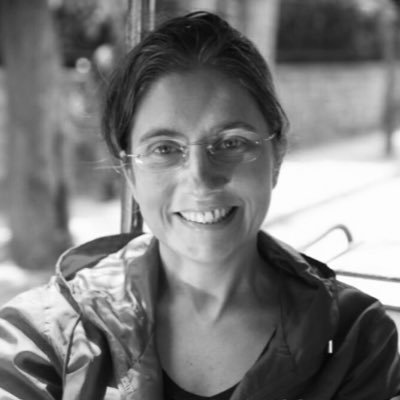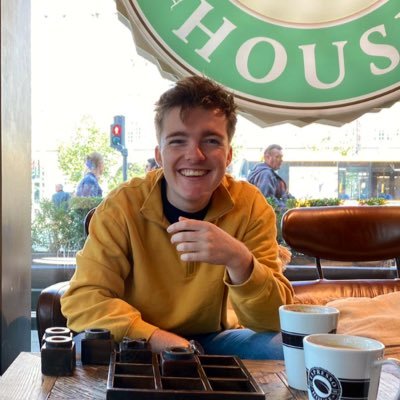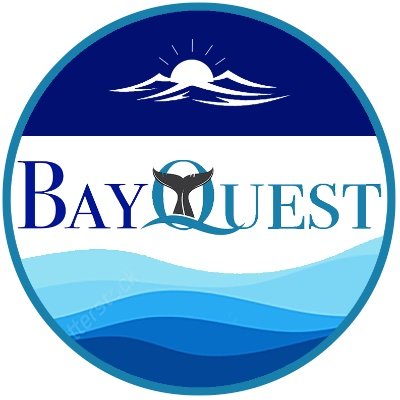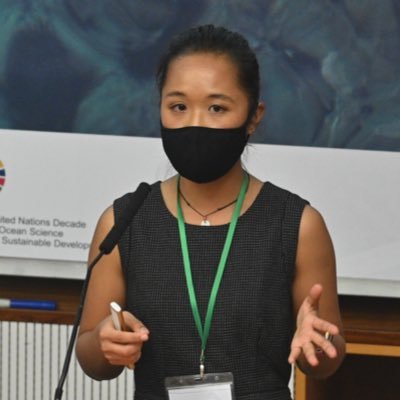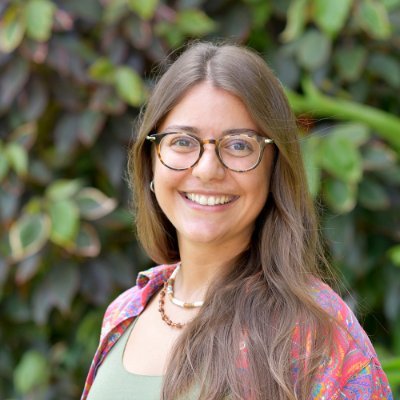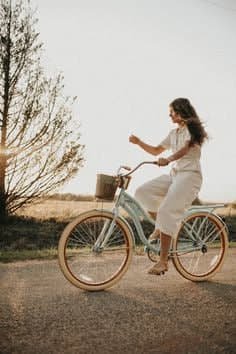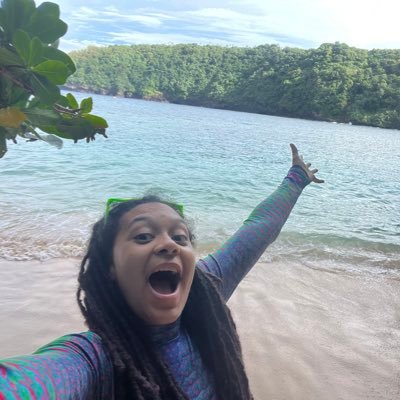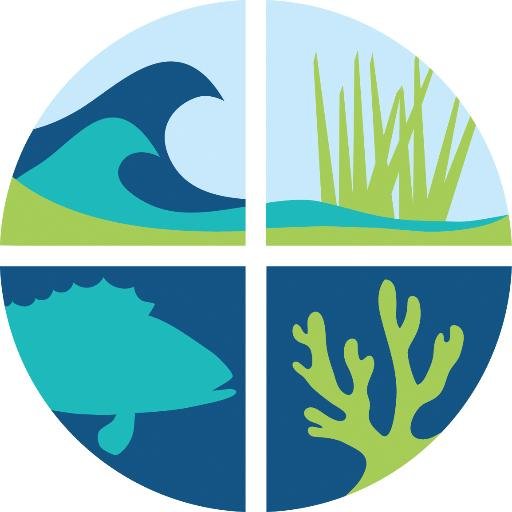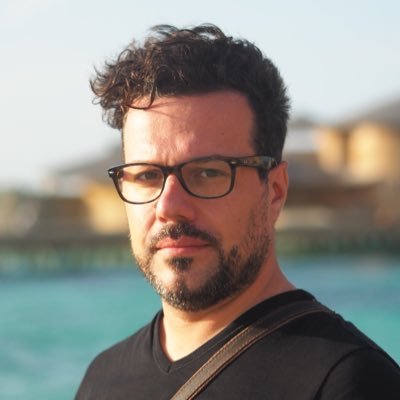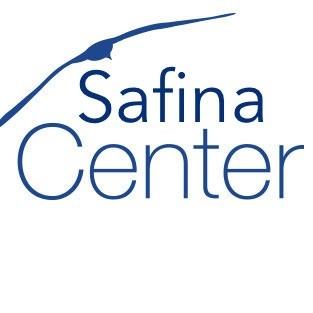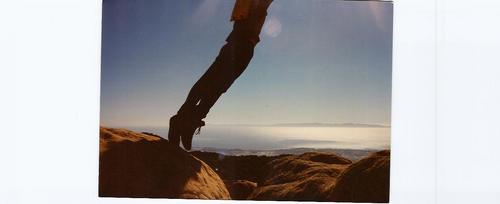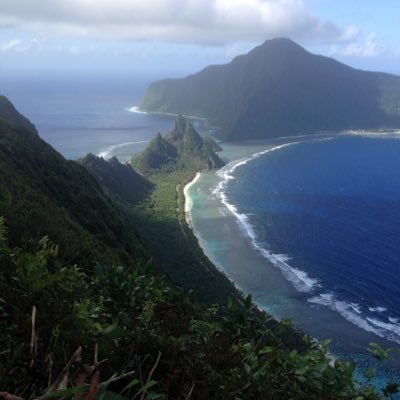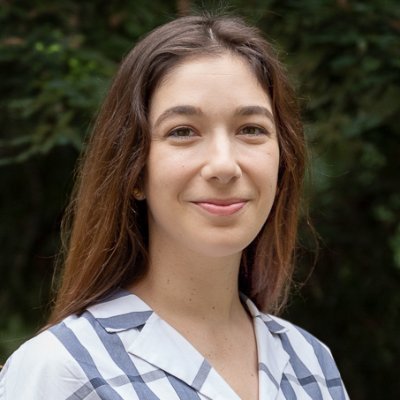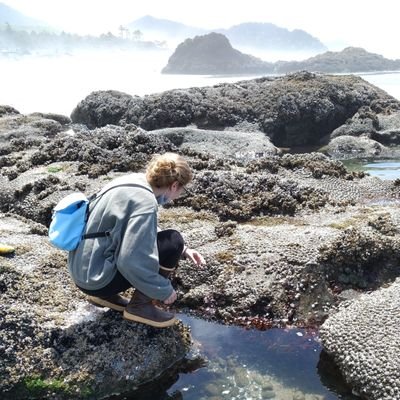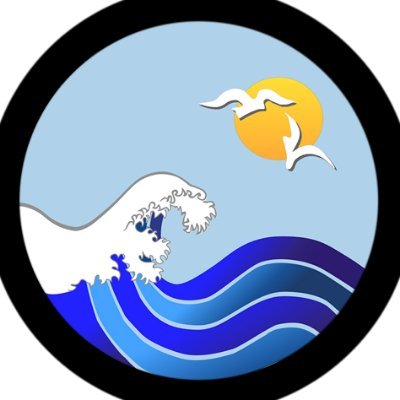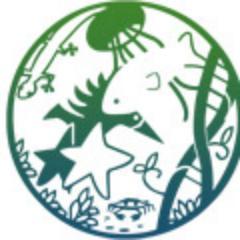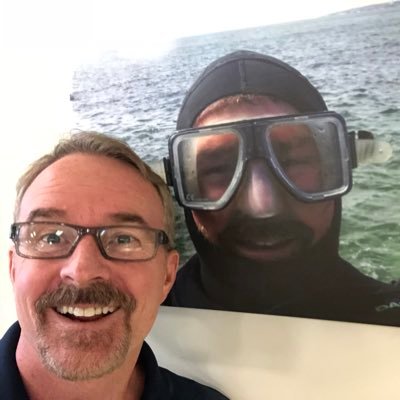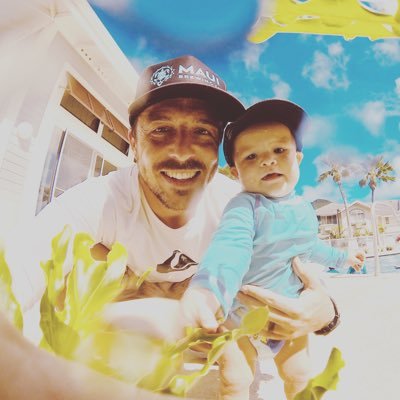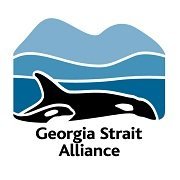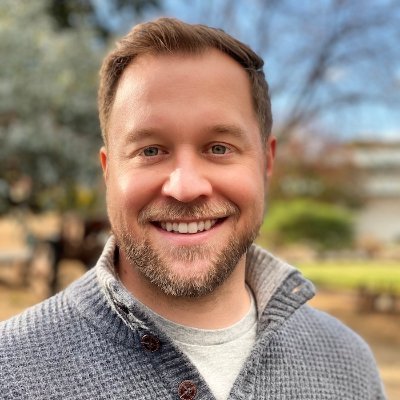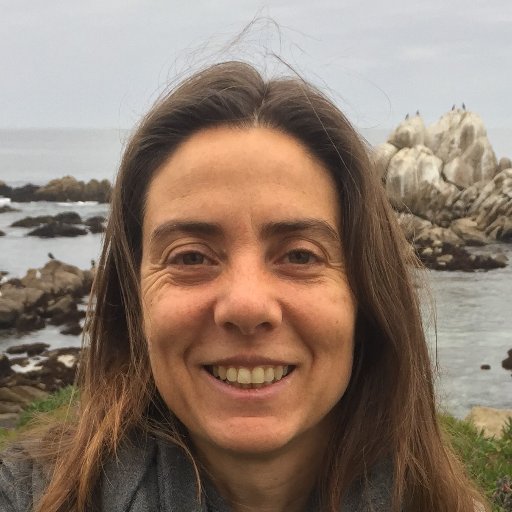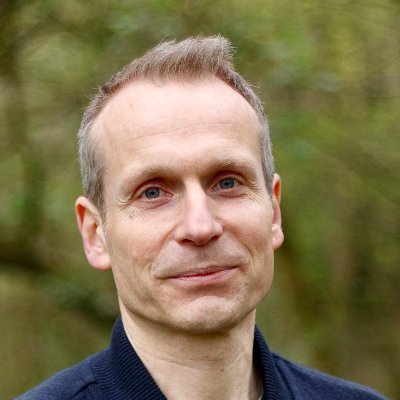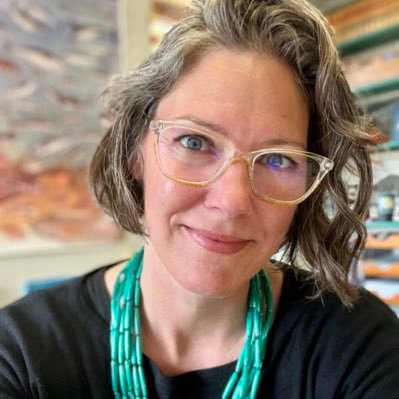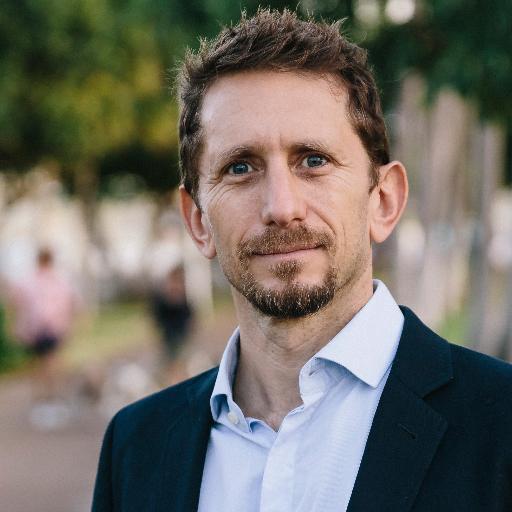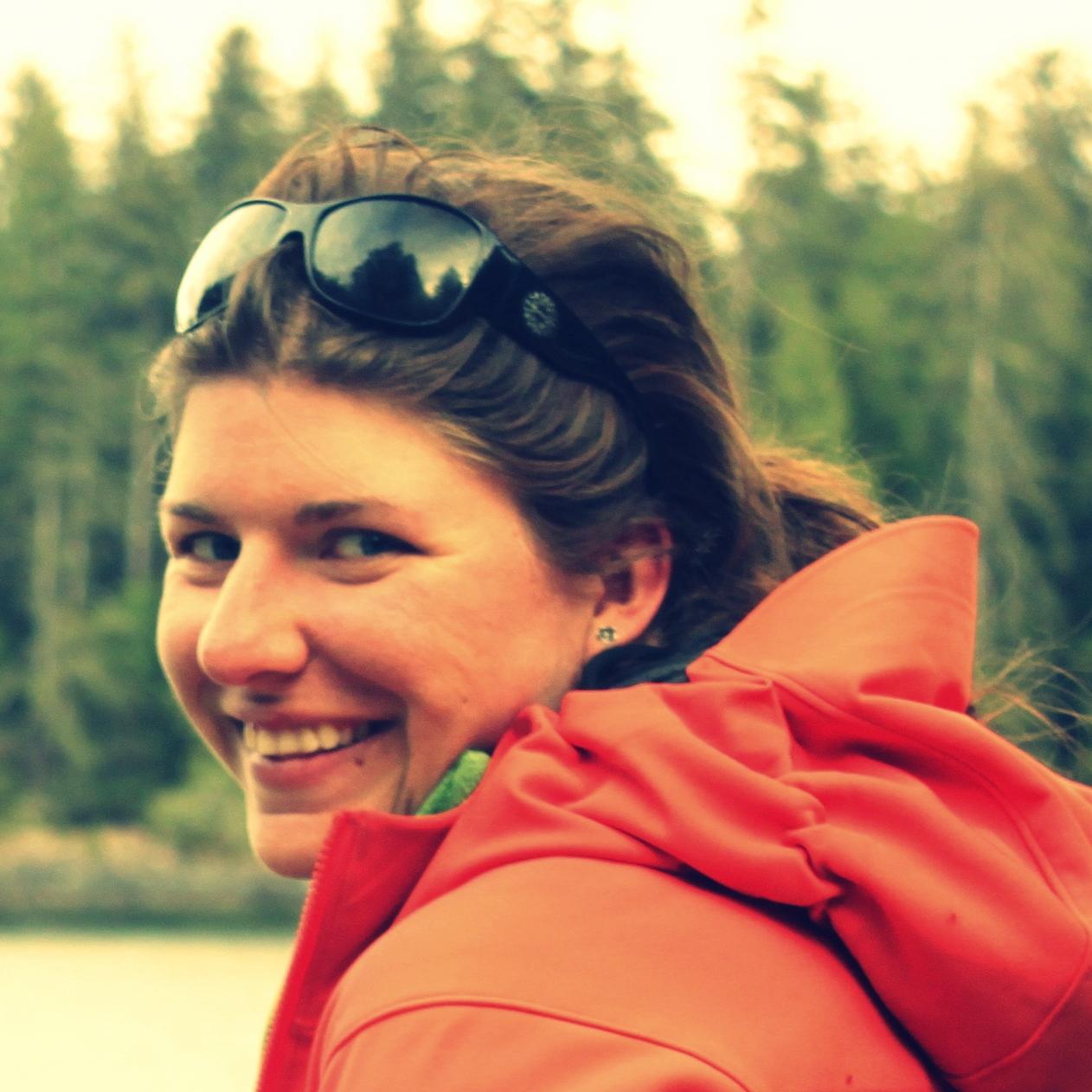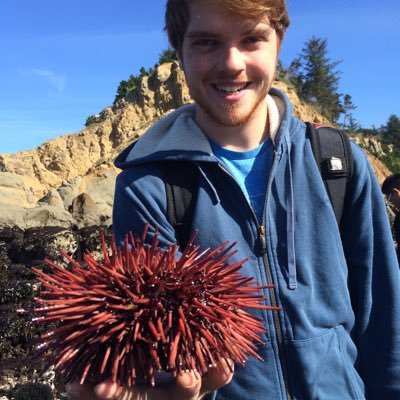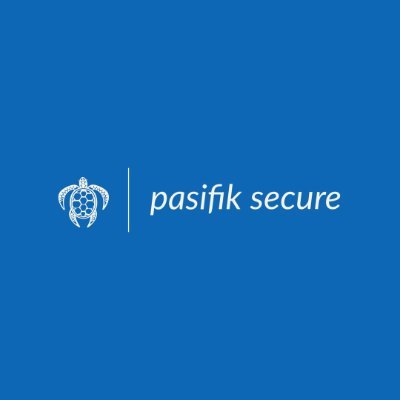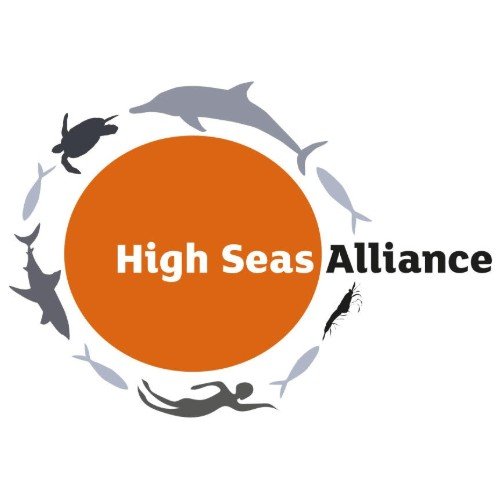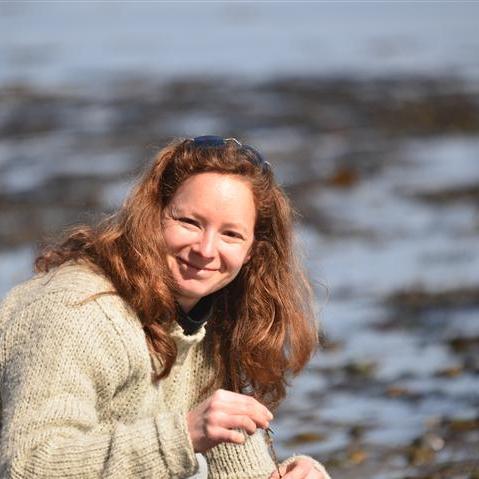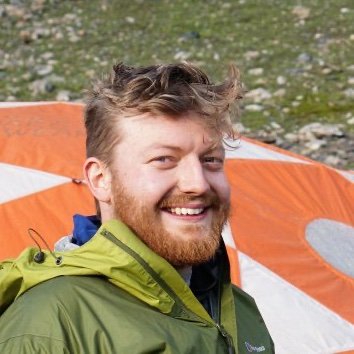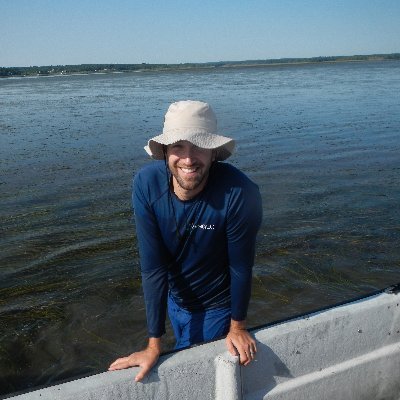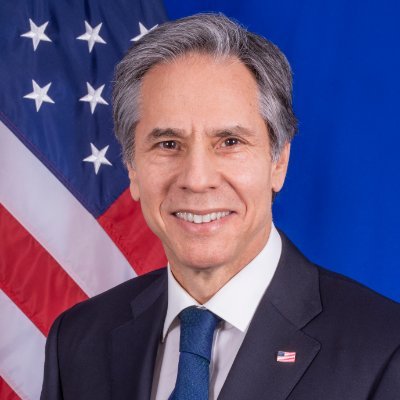
Dr. Drew Harvell
@DrewHarvellMarine Ecologist @Cornell, Science Envoy supporting ocean biodiversity and conservation. Books #aseaofglass, #OceanOutbreak, #OceansMenagerie (Apr,2025)
Similar User
@MarineBiol_FHL

@o_jgraham

@BrookeWeigel

@bodegamarinelab

@heatshok

@awegalloway

@parkinsonje

@IlianaBaums

@HeatherNicoPage

@ucd_cmsi

@Dr_Radice

@LauraDMydlarz

@NSilbiger

@jmcartdvm
This new sea slug species must be a close relative of our common Melibe leonina in the salish sea nytimes.com/2024/11/12/sci…

MBARI researchers have discovered a remarkable new species of sea slug in the deep sea. Nicknamed the "mystery mollusc," the nudibranch Bathydevius caudactylus swims through the midnight zone and lights up with brilliant bioluminescence. Learn more: mbari.org/news/mbari-res…
Sting Theory and drugs form nature: #Venoms from invertebrates like cone snails, corals, sea anemones, ants, spiders and scorpions have developed into cancer and other drugs. #Ziconotide is an analgesic developed from #conesnails. nytimes.com/2024/11/13/mag…
Thanks to The San Juan Islander for highlighting our recent work on #eelgrass resilience! 🌊🌱 Terrific collab btwn academia, agencies, NGO, and citizen scientists🙌🤿 @waDNR #FriendsoftheSanJuans sanjuanislander.com/news-articles/…
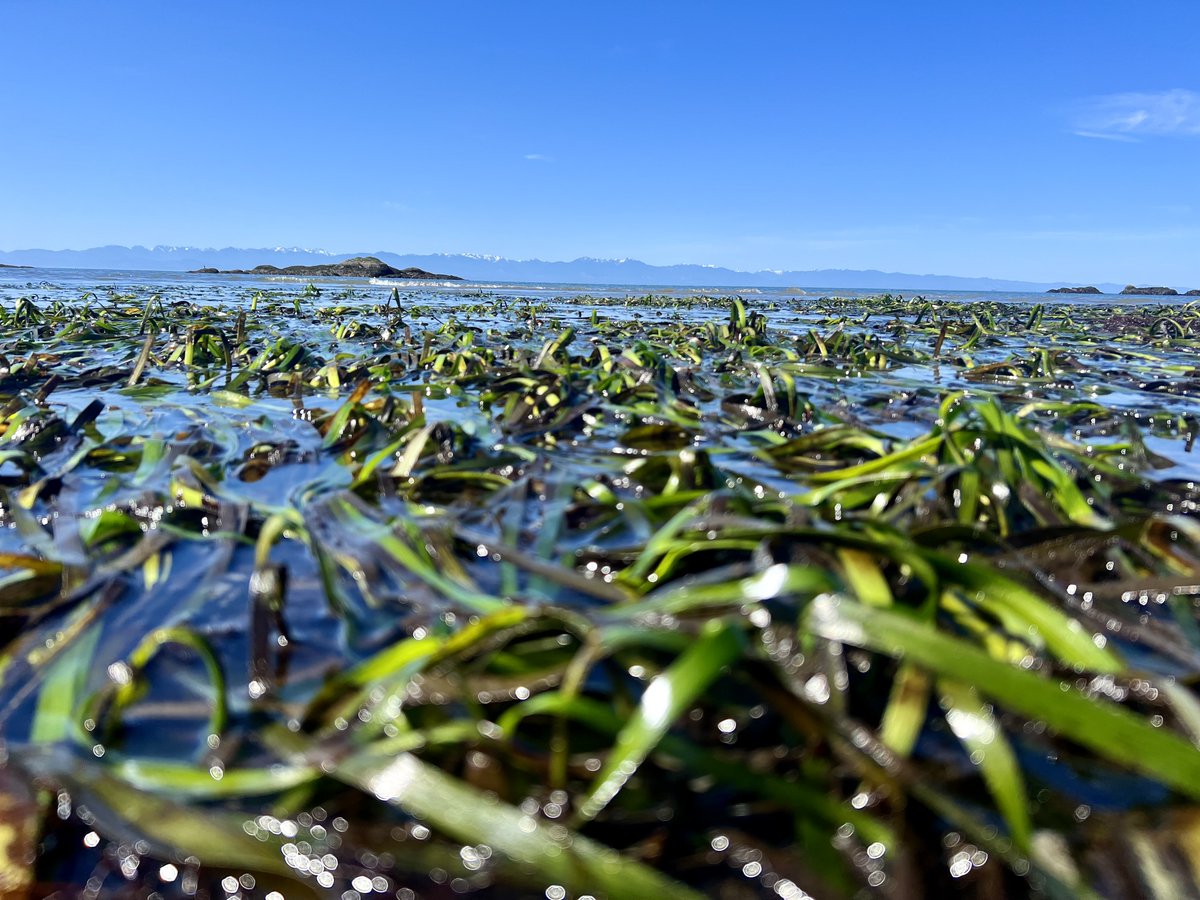
Forests of the Pacific Coast are the most carbon dense in the country, according to a 2024 scientific journal, and among the most carbon dense on Earth. WA’s older forests capture carbon better than nearly any other says @LyndaMapes seattletimes.com/seattle-news/c… via @seattletimes
The health of #seagrass may serve as a pulse-check for resilience 🌊🌱🩺 Conserving resilient meadows is key to future-proofing these essential habitats🌎 Read more here! 👀 doi.org/10.1093/icb/ic…
New @coraldoctors paper out! @Emily_VanBuren conducted an elegant study of genes involved in melanin synthesis in corals. We found genes for 18 melanin synthesis proteins that had functionally conserved domains to the human genes. academic.oup.com/icb/advance-ar…
“The ocean is our life support system, and we’ve explored less than 7 percent of it,” Cousteau says. Meet the Ocean Pioneer Building an Underwater Research Station [Proteus] Near Curaçao by @https://twitter.com/nickolaushines matadornetwork.com/read/no-fixed-… via @MatadorNetwork
SeaGrass Superpowers Discovered in Puget Sound. Eelgrass is a natural bio-filter for human and animal pathogens as shown by reduced bacteria levels in eelgrass mussels. Kudos @LyndaVMapes @seattletimes @waDNR @JoleahLamb seattletimes.com/seattle-news/c…
Powerful #eelgrass is a natural biofilter for human pathogens! 🌊🌱🦠 Mussels in eelgrass had 65% less human pathogenic bacteria vs mussels w/out eelgrass around Seattle, WA 🤯 Kudos, @phoebe_dawkins @JoleahLamb @DrewHarvell @waDNR @naturesustainab! 🙌 …-nature-com.proxy.library.cornell.edu/articles/s4189…
Our Sentinel #Eelgrass planted 100 meters from a meadow catch high disease. Kudos team @Colleenburge,@MorganEisenlord,@Avompe,@agnewTori,@WaSeagrant High infectivity and waterborne transmission of seagrass wasting disease | Royal Society Open Science royalsocietypublishing.org/doi/10.1098/rs…
Nature protecting Nature and People: Seagrasses reduce human pathogens by 65% in Puget Sound waters. Kudos @SeaDocSociety for the special #SalishSeaWild episode about our study with @JoleahLamb and @WDFW and @waDNR and team. youtube.com/watch?v=Mt3za0…
Today @JoleahLamb, Phoebe Dawkins led our new study on same theme: Seagrasses filter human pathogens in US waters. 65% reduction of pathogenic bacteria in mussels in #PugetSound seagrass compared to mussels in no seagrass. Kudos #musselwatch and team. rdcu.be/dPLqh
Happy Earth Day! Here’s a look back at Cornell researchers Drew Harvell and Joleah Lamb and their Atkinson-supported research into the links among marine health, seagrass health, and human health. #EarthOptimism2018 youtube.com/watch?v=2k_jGR…

Near-disappearance of vultures in India 2 decades ago led to more than half a million excess human deaths over five years. Livestock carcasses, no longer cleared by vultures, polluted waterways and fed an increase in feral dogs, which can carry rabies.nytimes.com/2024/07/29/cli…
Woods Hole Oceanographic Institution reports 11 billion tons of microorganisms, crustaceans, squid, fish and gelatinous animals that live deep help draw down a third of the carbon dioxide emitted by human activity, reducing catastrophic climate change. nytimes.com/2024/07/29/opi…
Looks like @Karly_Cohen and I will run our biological imaging apprenticeship course in the winter. 15 credits for 10 weeks of imaging biology using every technique we have available. SEM, CT, fluoro, histology, photography, and confocal. Wheeeeee!!!




America’s wetlands provide over $7 trillion in economic benefits each year. But, from 2009 to 2019, we lost 670,000 acres of them —roughly the size of Rhode Island. 📢Urge your members of Congress to invest in conserving these critical ecosystems. pew.org/467sChF
United States Trends
- 1. Good Wednesday 27,2 B posts
- 2. Jaguar 152 B posts
- 3. #wednesdayfeelings 1.813 posts
- 4. $TGT 2.246 posts
- 5. Hump Day 12,1 B posts
- 6. #BlankRecapSS2Ep6 73,1 B posts
- 7. FY REACT BLANK SS2EP6 72,3 B posts
- 8. Hampton Inn 2.682 posts
- 9. #20Nov 3.881 posts
- 10. Happy Hump 7.486 posts
- 11. #WednesdayMotivation 4.508 posts
- 12. #WednesdayWisdom N/A
- 13. $JEFFY 3.077 posts
- 14. Jay Leno 5.661 posts
- 15. Linda McMahon 54,3 B posts
- 16. Dalton Knecht 57,3 B posts
- 17. Delaware 19,6 B posts
- 18. Nancy Mace 133 B posts
- 19. Sonny 48,5 B posts
- 20. Bud Light 6.575 posts
Who to follow
-
 Friday Harbor Labs
Friday Harbor Labs
@MarineBiol_FHL -
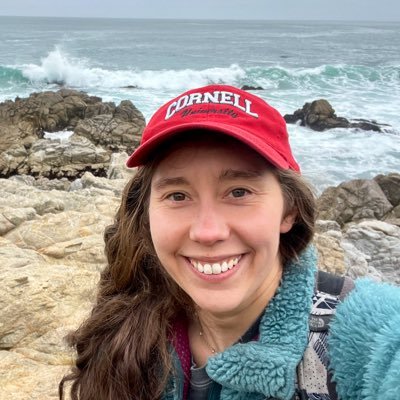 Olivia J. Graham, PhD
Olivia J. Graham, PhD
@o_jgraham -
 Dr. Brooke Weigel 🌊
Dr. Brooke Weigel 🌊
@BrookeWeigel -
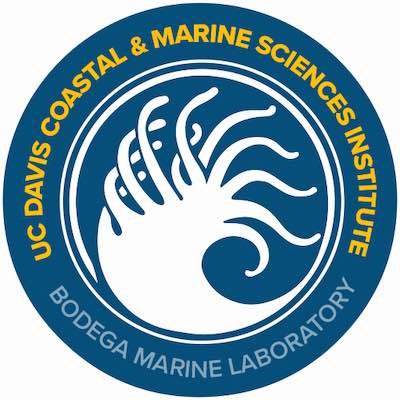 UC Davis Bodega Marine Laboratory
UC Davis Bodega Marine Laboratory
@bodegamarinelab -
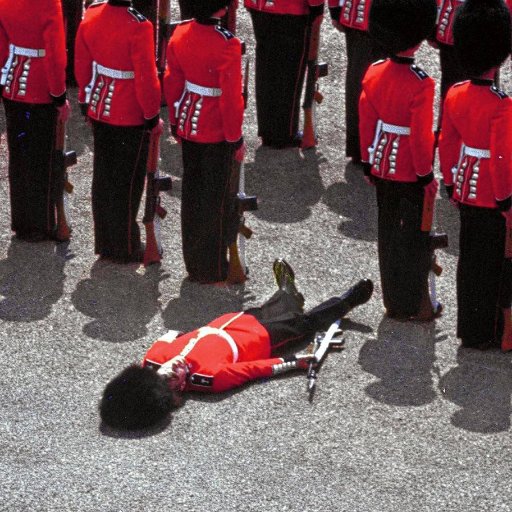 Mikhail Matz 🇺🇦
Mikhail Matz 🇺🇦
@heatshok -
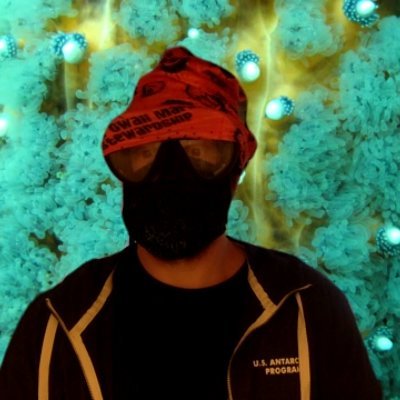 Aaron W. E. Galloway, Ph.D.
Aaron W. E. Galloway, Ph.D.
@awegalloway -
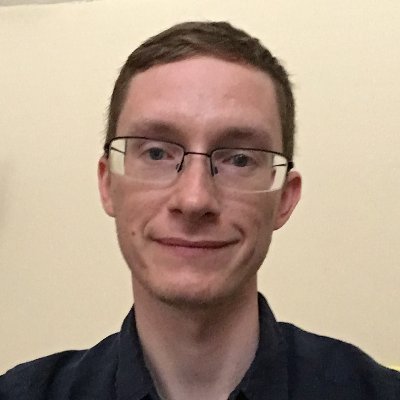 John Parkinson
John Parkinson
@parkinsonje -
 Iliana Baums
Iliana Baums
@IlianaBaums -
 Heather Page, PhD
Heather Page, PhD
@HeatherNicoPage -
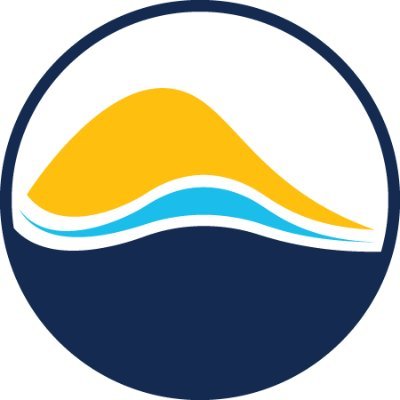 UC Davis Coastal and Marine Sciences Institute
UC Davis Coastal and Marine Sciences Institute
@ucd_cmsi -
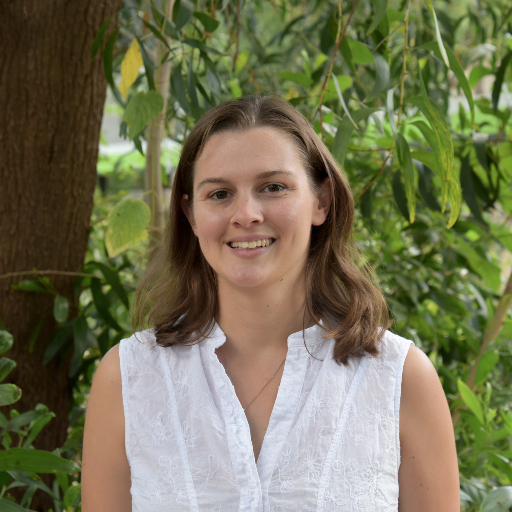 Veronica Radice
Veronica Radice
@Dr_Radice -
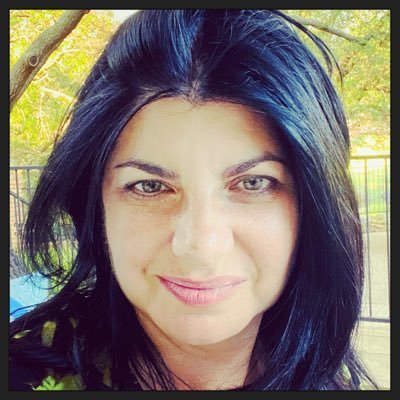 Dr. Laura Mydlarz
Dr. Laura Mydlarz
@LauraDMydlarz -
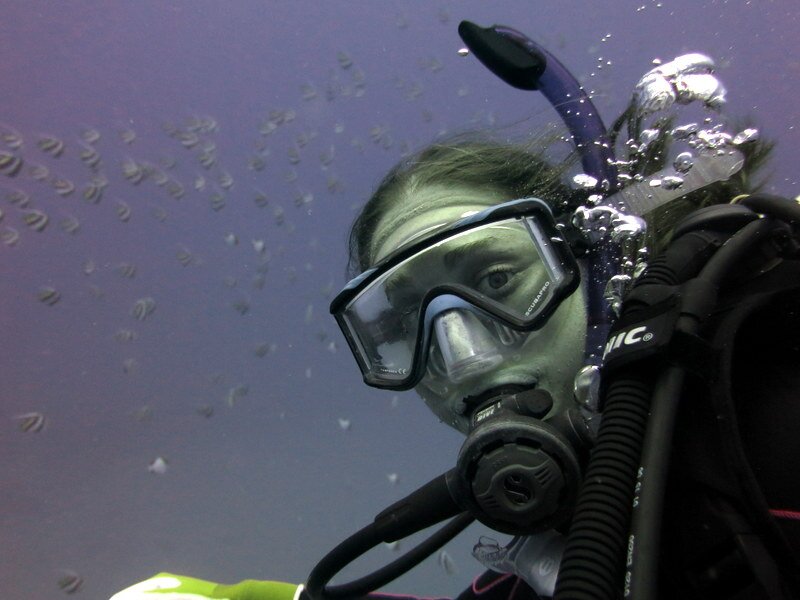 Dr. Nyssa Silbiger
Dr. Nyssa Silbiger
@NSilbiger -
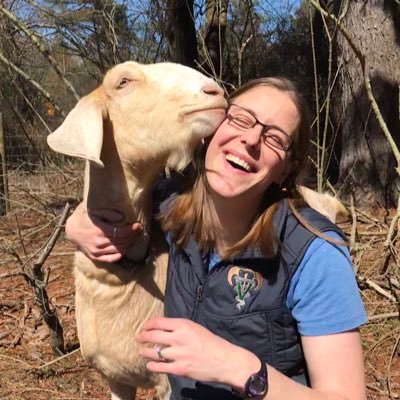 Jess McArt
Jess McArt
@jmcartdvm
Something went wrong.
Something went wrong.

